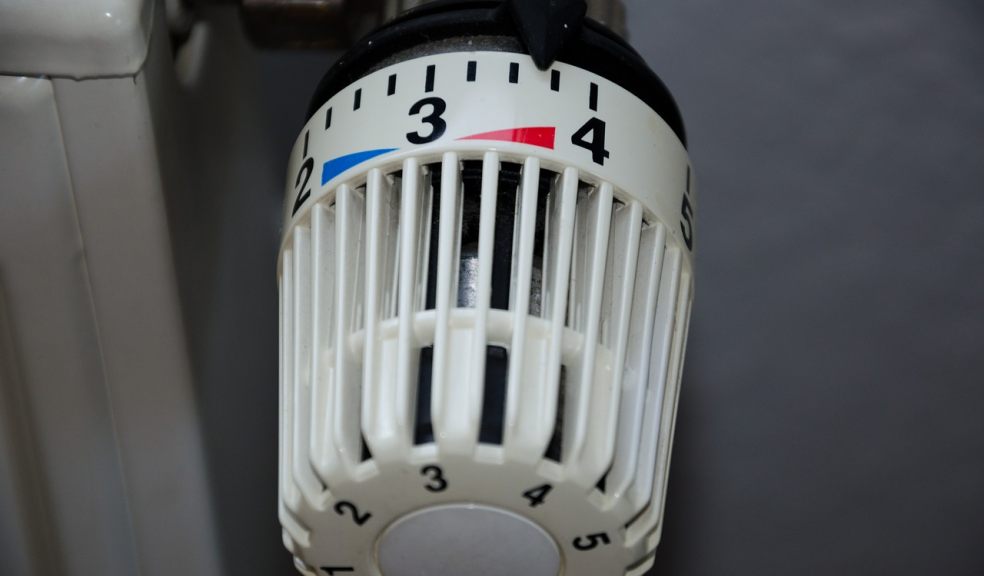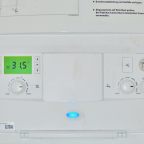
Running Your Buy-to-Let Property Portfolio Like a Business
Many property investors don’t take investing all that seriously. Perhaps they have acquired a larger property and decided to keep the original one to rent it out for additional income? This tends to be the case. For serious property investors, they treat their property portfolio like a business. Usually, they either own several investment properties or plan to do so in the future.
Their approach is noticeably different to casual investors.
Here are a few tips for operating a property rental portfolio in a more business-like manner.
Create Financial Cashflow Forecasts and a Balance Sheet
Just like with any business, it’s important to create a cashflow forecast and a balance sheet. It’s not a bad idea to have a profit and loss statement too. If the property is not held inside a limited or public company, then it’s perhaps unnecessary to create such records, but it helps take your investment in property more seriously.
By starting to use financial records, it shapes your thinking about the property investments. You run them like a business and hire contractors to fix things who weren’t necessarily the cheapest bidder but were chosen because they’ll do a reliable job. Dealing with the right people is important as you have a lot on the line.
Also, by running the numbers, you’re able to compare your operational costs for repairs and maintenance, along with lost funds due to delinquent renters to other investors in the space. Comparing both on a city and national level is useful to get a proper sense of whether you’re overpaying for services or managing the property as well as you could be.
Keep Excellent Transactional Records
Along with a broad overview of the cashflow, profits and loss, and balance sheet, it’s also important to keep records of all transactions. This is useful for good recordkeeping and when you’ll be looking to deduct them off potential profits to get to a realistic final number.
Ask for receipts and prepare receipts for rental payments or deposits made. Maintain detailed records about deposit payments so that you can keep track of who paid what and when it was repaid or used to complete repairs under the damage clause in the tenancy agreement.
Help Tenants to Manage Energy Usage Well
There are lots of ways to manage energy usage to allow for an appropriate level of expenses without overpaying. Using reliable thermostats to control the temperatures at different times of the year is a good idea to limit a tenant’s heating bills.
Use modern technology such as smart meters to help tenants control and check on their current temperature settings. It’s better to use these types of systems than to run the risk of a tenant tampering with the electricity or gas meter. There’s no need to do so and while some people believe it’s a way to save a few pennies, it’s illegal and dangerous too. As Stay Energy Safe confirms, there is a risk of a gas leak, or electrical systems causing unintended shocks when taking a shower following meddling with a meter. Energy theft should be avoided, and landlords must carry out regular property inspections to ensure nothing improper is going on.
Vet Prospective Tenants Well
Vetting tenants is a tricky business. It’s obviously partly about their financial solvency with the need to get a credit check done. However, that’s not the end of it. What if they have a criminal record? A check can be run to determine this. Also, there’s a question about their history as a prior tenant. It’s perfectly possible that they have no debts outstanding and no county court judgements on record but what you didn’t know was that they had disputes either with other tenants on a regular basis or with a previous landlord.
There are a number of useful websites and some apps aimed at helping UK landlords find better tenants and complete tenancy agreements. These are certainly supportive to reduce the time it takes to complete tasks relating to the role of being a landlord.
Know What Your Investment Goals Are
As a property investor, it’s sensible to set your investment goals before you start. Many properties barely breakeven on a cashflow basis if there is a mortgage to pay. An investor is then relying on long-term price appreciation of the property itself or waiting until the mortgage is repaid for the property to turn cashflow positive.
When you know what you require or expect, then it is useful in deciding which properties will make for sensible investments and those that will not.
Property investing is a fun pastime, but it can be a more profitable business when taken with a measure of seriousness. Approaching rental property in this way will likely lead to greater profits and fewer mistakes too.














